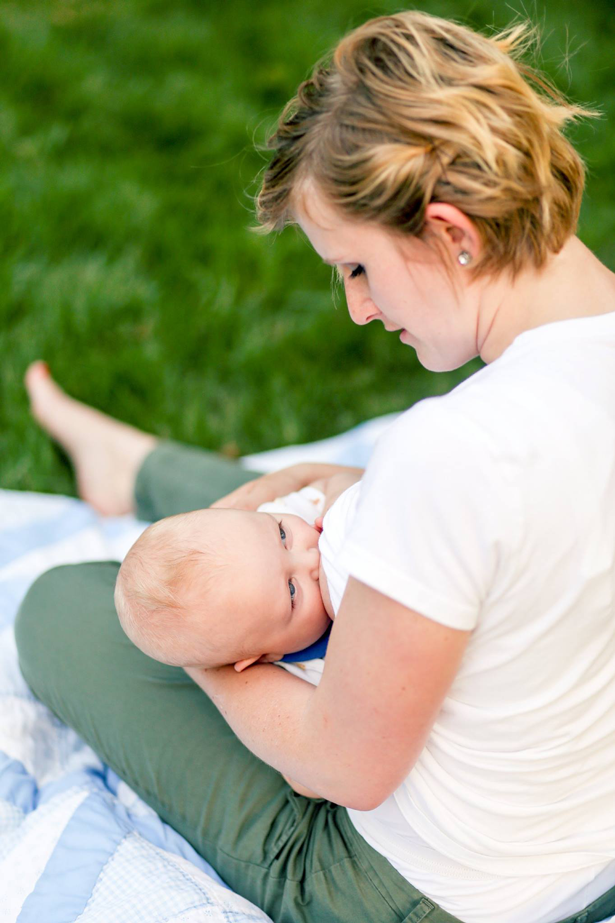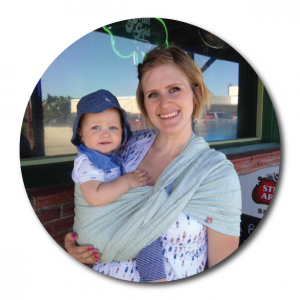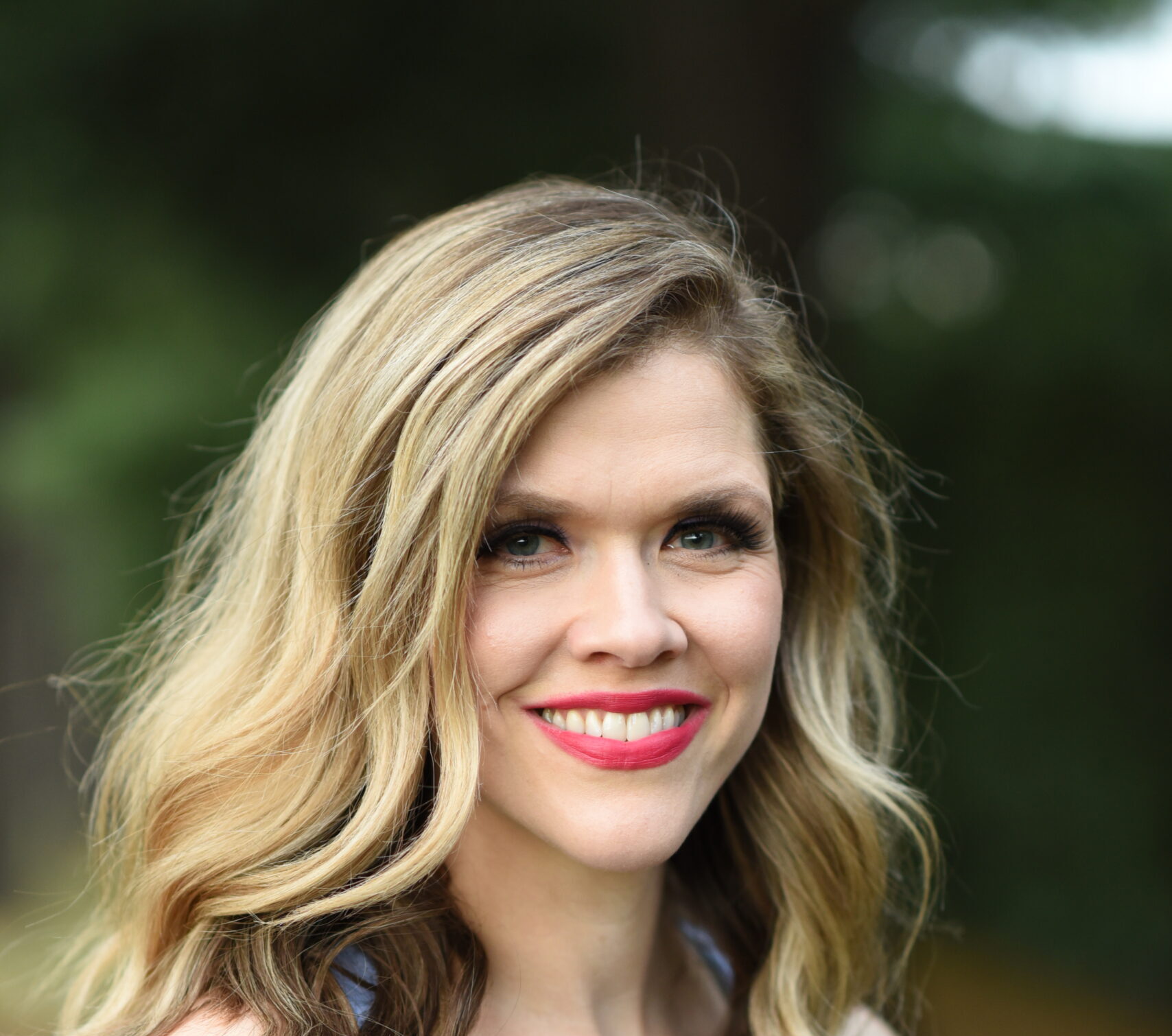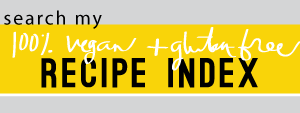Tiffany, bring joy reader & mom of one shared her experience with breastfeeding last fall in this post. In this follow-up post she shares a few tips for successful breastfeeding.
Regular readers know I’m a huge proponent of breastfeeding–I have nursed my five children for 12, 14, 17, 18, & 24 months respectively. (Just weaned my youngest, a 25 month old, a few weeks ago!) With each child I gained more confidence which strengthened my commitment to nursing. My youngest child, who was nursed the longest has been the most healthy toddler of any of my other children, which I absolutely attribute in part to breastfeeding.
Regardless of how long you choose or are able to breastfeed your baby, keeping an open mind as well as surrounding yourself with a supportive network of individuals is crucial.
Here’s Tiffany’s story (part 2).
(And isn’t this photo just stunning??!)
Image: by Jess Fielder Photography
The whole time I was preparing for the birth of my son, breastfeeding was something I had my heart set on.
I did plenty of research; reading articles, books and blogs, and also talking a lot with my doula about possible difficulties.
I had learned about how important skin to skin was in the first hour, and how if a baby is left on it’s own against a mother’s stomach, it can crawl up to the breast and latch on without any help!
I knew that regardless of what some grandmothers may say, I didn’t need to “toughen up my nipples” by rubbing them against velcro or something (I can’t remember the exact out-dated advice, but it sounded painful!)
I’d been taught that feeding on demand is much better than timed feedings, and how much a baby is getting is determined by how much is put out (in diapers). I felt very prepared, and was so excited about meeting my baby and starting this breastfeeding relationship with him.
Well, as sometimes happens, things didn’t go exactly as planned.
Not only did I not get any skin to skin, I didn’t get to see my son for 3 days. After not spending his first days with him, I was so worried it would just be too hard, that we’d been separated for too long and he would never figure out how to latch.
Once we were reunited, we ended up using a nipple shield in order to help him get on my breast quickly. Fast forward a year, and we are still nursing!
Though I felt I had learned a lot beforehand, there were of course still some things I learned along the way.
4 tips for successful breastfeeding
-
Nipple shields can be a helpful tool.
I had only read about nipple shields on Kellymom, which says: “Often, nipple shields are recommended within the first few days of birth. Frequently in these cases, the shields are not needed and are handed out without proper instructions for using and weaning from them – a shield should generally not be used during the first week after birth unless there is an obvious problem such as prematurity or difficulty latching which is attributable to some physical characteristic of the baby.”
I had interpreted this as a negative thing, so when I was presented with a nipple shield I was apprehensive about using it. While I absolutely believe it’s true that nipple shields may be handed out unnecessarily, and possibly was even in my situation, I am grateful that I had the help of this tool.
I was incredibly discouraged about if breastfeeding would work with my son, and if I had had to spend a week or more with a screaming baby at my breast while we tried to learn to latch, I don’t know how much courage I would have had to continue. But getting him instantly onto my breast gave me the confidence boost I needed, and though it left me with the task of eventually weaning him from the shield, that felt much more doable.
(The shield was officially a thing of the past at 3.5 months, which looking back feels like a blink of an eye.)
-
Husband support is crucial!
I had heard that support from a partner and/or family, or lack thereof, can greatly affect breastfeeding success. One survey’s results showed that the number one reason a woman switched to bottle feeding were because of her perceptions of the father’s attitude.
But until I was stuck on my couch for 45 minutes to an hour with a newborn nursing from me, while asking my husband if he could get me a snack, or some ice water, or turn off the stove, or start some rice, or finish loading the dishwasher because I had only had a 10 minute break from the last nursing session did I realize how much I valued my husband’s support.
If during all that time I spent cluster feeding my baby, I was receiving underhand comments about the baby not getting enough milk, I don’t know how I could have kept fear from creeping into my mind or not found myself doubting if all of this was worth it.
-
Breastmilk provides AMAZING immune support.
I’d known about the basic benefits of nursing (it’s free, it’s convenient, baby gets immune support, helps mom’s uterus shrink faster after birth and lessens her risk of breast and uterine cancer) but it wasn’t until just a few months ago that I learned how exactly the whole immune support thing works between mom and baby.
Essentially, the nutritional and immunological components of breast milk change every day, according to the specific, individual needs of a baby. This is done while the baby is nursing and their spit makes contact with the nipple, and if the mammary gland receptors detect the presence of pathogens, they cause the mother’s body to produce antibodies to fight it. Those antibodies travel through breast milk back into the baby’s body, where they target the infection.
As long as a baby is nursing, there is constant communication between their body and the mom’s! This also might help some who think breastfeeding past a year is “weird” understand (just one of) the benefits of doing so-toddlers continue to benefit from this body-to-body communication.
-
Education leads to success.
The benefits of breastfeeding are fact, based on science. One of, if not the biggest, reason some women don’t succeed in their breastfeeding goals is lack of education or misinformation.
The more facts someone knows, the more likely they are to succeed at breastfeeding, and the less likely they are to discourage another person with negative comments.
Knowledge truly is power, and I feel there is never too much information to be learned about breastfeeding, whether or not you ever actually do it yourself!
I never experienced any negative or even questionable comments myself, until just recently when I was explaining reasons why I will continue breastfeeding my son into toddlerhood, even through a potential second pregnancy.
I have a feeling that that may not be the last conversation I have like that, (since I only know a handful of people who have nursed passed a year, and no one who has gone past 18 months), but because of all that I have learned, I feel confident in my decision and in my ability to withstand going against the social norms that surround me.
♥
Have any tips to add? What’s your breastfeeding story? Please share in the comments below!
Tiffany is a mother and US Air Force wife who loves to paint & bake, & is passionate about all things relating to motherhood, health, & Harry Potter.
Other bring joy posts you might want to read:
- why I almost quit breastfeeding
- breastfeeding in public debate: why current debates miss the mark {GUEST POST}
- feeding kids–don’t sweat the small stuff {GUEST POST}
- dear first time mom: what 5 pregnancies has taught me
- sprouted pumpkin seed salad w/ curry balsamic dressing {RECIPE}





Comments